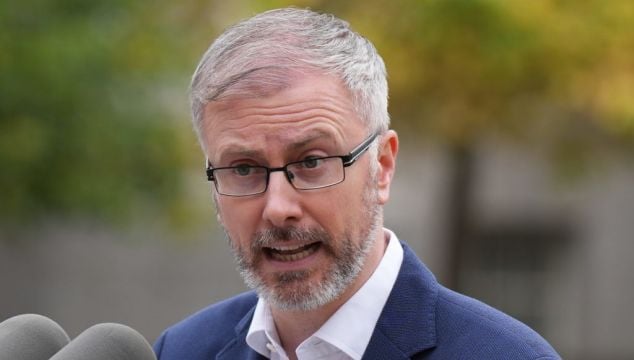The mother of a five-year old autistic boy who does not have a primary school place has described the Government’s Autism Innovation Strategy as “a load of fluff.”
Caitriona Rohan told RTÉ radio’s Morning Ireland that not enough was being done about early intervention which was leading to permanent damage. The problem was being “kicked down the road.”
"How can people with autistic children expect the strategy to be implemented and the government to be held to account when “they can’t even do the basics?", she said.
Ms Rohan told of how she had applied to 16 schools for a place for her son Rian who was due to start primary school this week, but they could not find a place for him.
“We've got refusal letter after refusal letter. There are just no spaces available in Dublin 15 and for children with additional needs. We're basically told that the classes are full or we're very far down on the waitlist.”
Ms Rohan said she was not very hopeful about finding a school place for her son. “There has not been many solutions given to us, but a lot of them are not viable. And I know a lot of parents are forced to send their children into a mainstream setting without the appropriate support.”
The strategy was “a good read” but the National Council for Special Education (NCSE) and the HSE were not “doing the basics” and were in fact breaking the law, she said, as they were not providing education or early assessment.
“It's an absolute disgrace.”
Ms Rohan called for a centralised system to record every child “from the minute” they were diagnosed with autism.
That record would then go to schools, the Department of Education, the NCSE for forward planning.
There was no forward planning at present, she said. This should be a priority. “We all know early intervention is key, and our children need the rights and services that they deserve. Permanent damage is being done to our children by all of these failings. There needs to be more services and supports. Essentially, they're just kicking the can down the road. Not dealing with the situation at hand.”
Intervention needed to start at an earlier age. If children were not supported early then they could need more services “down the line.”







